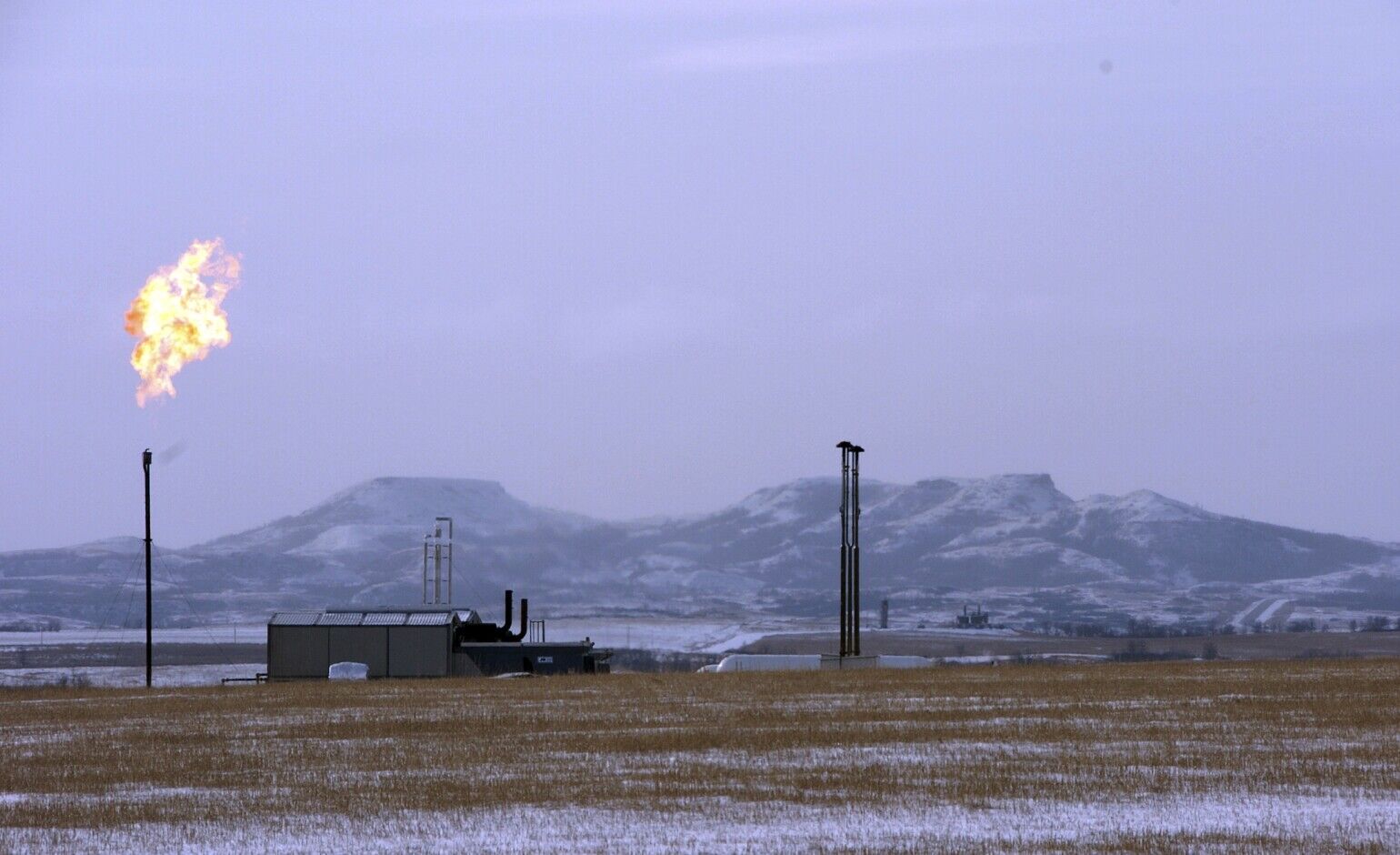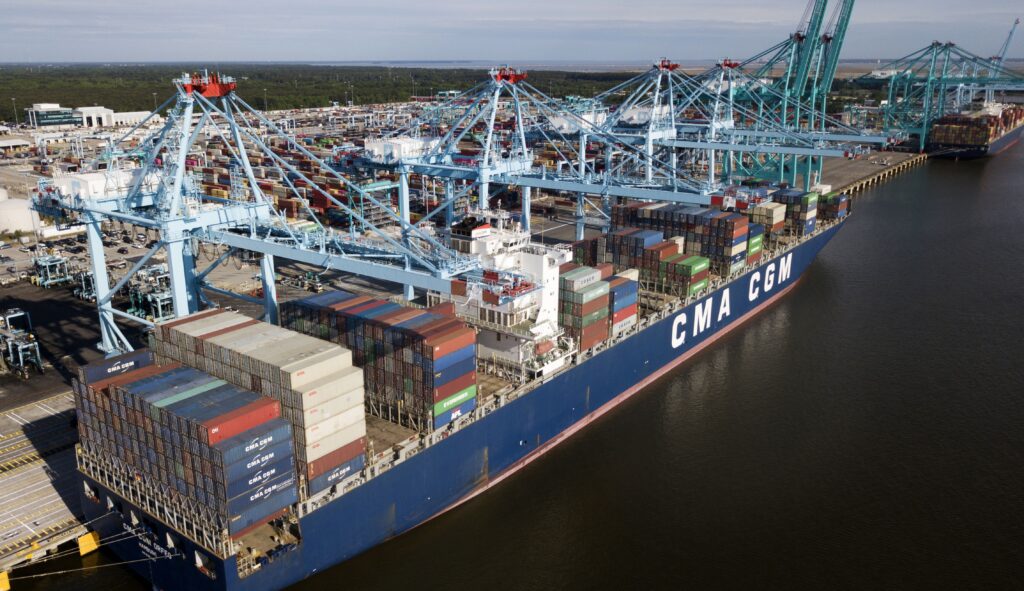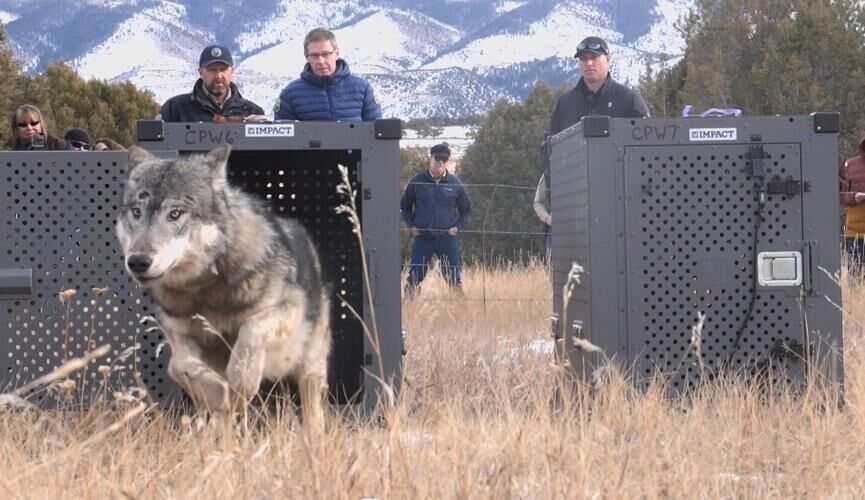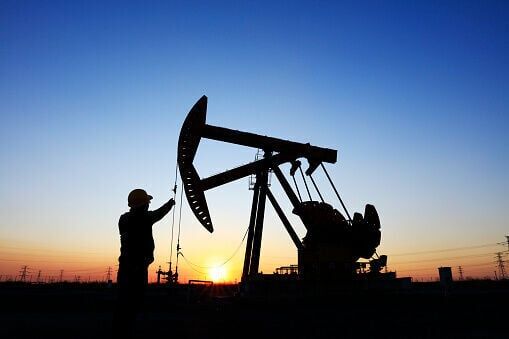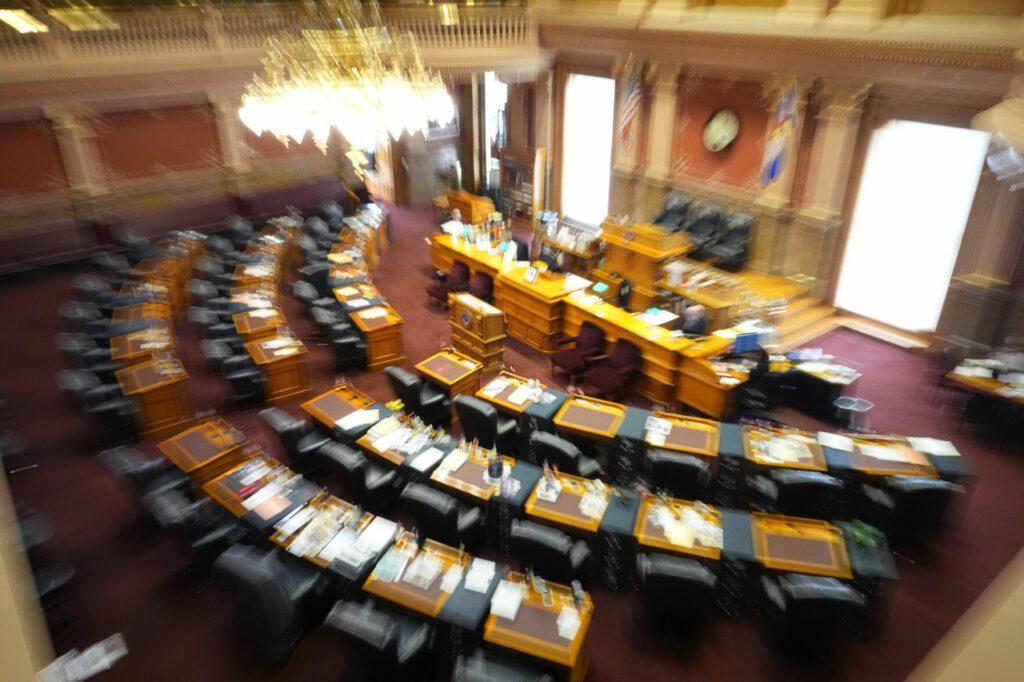Environmental groups sues Colorado over permit to burn petroleum fumes

A state permit for a tanker truck repair center to burn off vapors from tanks they work on is being challenged in court by environmental activists.
The Center for Biological Diversity and North Range Concerned Citizens filed the suit in Adams County District Court in Brighton Friday claiming allowing Polar Service Center to flare vapors from empty tanks will “emit increased asthma and cancer-causing air pollution.”
“The Permit allows for an unlimited amount of nitrogen oxide and sulfur dioxide emissions from the flare,” says the complaint.
Terry Hubbard, general manager at Polar’s Commerce City shop, didn’t know about the suit and was puzzled by the issue.
“I’m really concerned,” said Hubbard in a telephone interview with The Denver Gazette. “If they knew what a flare really did, it’s actually protecting the environment, not emitting stuff into the environment.
Many people think of a “flare” in the traditional sense of a huge open flame used by drilling companies to burn off excess natural gas that can light up the sky for miles around.
In this context, a “flare” is an enclosed burner used to reduce dangerous ozone-forming volatile organic compounds by efficiently burning them in a containment vessel.
The process does not completely eliminate emissions, but it substantially reduces them and prevents the VOCs, which contribute to ozone formation, from escaping.
Recent laws and state Air Pollution Control Division regulations require the use of enclosed combustion devices on some sources of VOCs such as oil well tank farms and other petroleum processing facilities.
According to Hubbard, the enclosed combustion device at the shop is being installed on the mutual recommendation of state air pollution control officials and with Polar’s cooperation.
“This is the permit to build the burner,” said Hubbard.
The lawsuit claims that the products of combustion, oxides of nitrogen (NOx) and sulfur dioxide (SO2), would violate federal Clean Air Act regulations.
“The Division did not conduct any other type of quantitative analysis to determine if Polar will cause or contribute to violations of any national ambient air quality standard,” says the complaint.
Hubbard said ventilation of the tanks is required by federal worker safety laws before workers can enter the confined space.
Nothing in the complaint speaks to the air pollution effects of not burning the VOC vapors that are part of working on these tanks.
